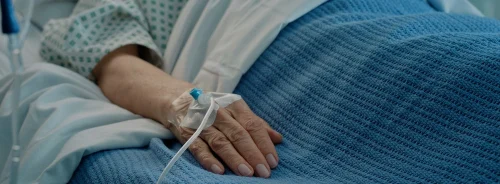ICU Management & Practice, Volume 23 - Issue 3, 2023
Intensive care units are essential in providing life-saving care to critically ill patients. However, ICUs can have an environmental impact. Approximately 5% of worldwide anthropogenic greenhouse gases result from healthcare activities.
ICUs use significant energy to power equipment, ventilators, monitoring systems, and other life-support devices. They also consume substantial amounts of water while providing patient care, cleaning, and sanitation. ICUs also generate significant medical waste. All these lead to environmental pollution and water contamination.
It is important to mitigate the environmental impact of ICUs. This can be achieved through energy-efficient technologies, sustainable building practices, waste reduction and recycling, and optimal water management. ICUs must increase their focus on sustainable practices to minimise the environmental footprint of medical equipment and supplies. Implementing energy-saving measures to reduce energy consumption, utilising renewable energy sources, implementing efficient waste reduction strategies, improving inventory management, setting up recycling programmes, promoting water-efficient practices, minimising the use of hazardous chemicals and choosing safer alternatives, implementing proper chemical storage, handling, and disposal protocols, educating staff about the importance of responsible chemical management, incorporating sustainable design principles when constructing or renovating ICU facilities, engaging with sustainability organisations, healthcare networks, and regulatory bodies to exchange best practices, and tracking and monitoring energy consumption, water usage, waste generation, and other environmental metrics are essential. By implementing these measures, ICUs can contribute to a greener, more environmentally friendly healthcare system.
In this issue, our contributors discuss strategies on how critical care can reduce its environmental impact, aspects related to research, education and clinical practice and the importance of implementing environmentally sustainable strategies in critical care.
As always, if you would like to get in touch, please email [email protected]
Jean-Louis Vincent







